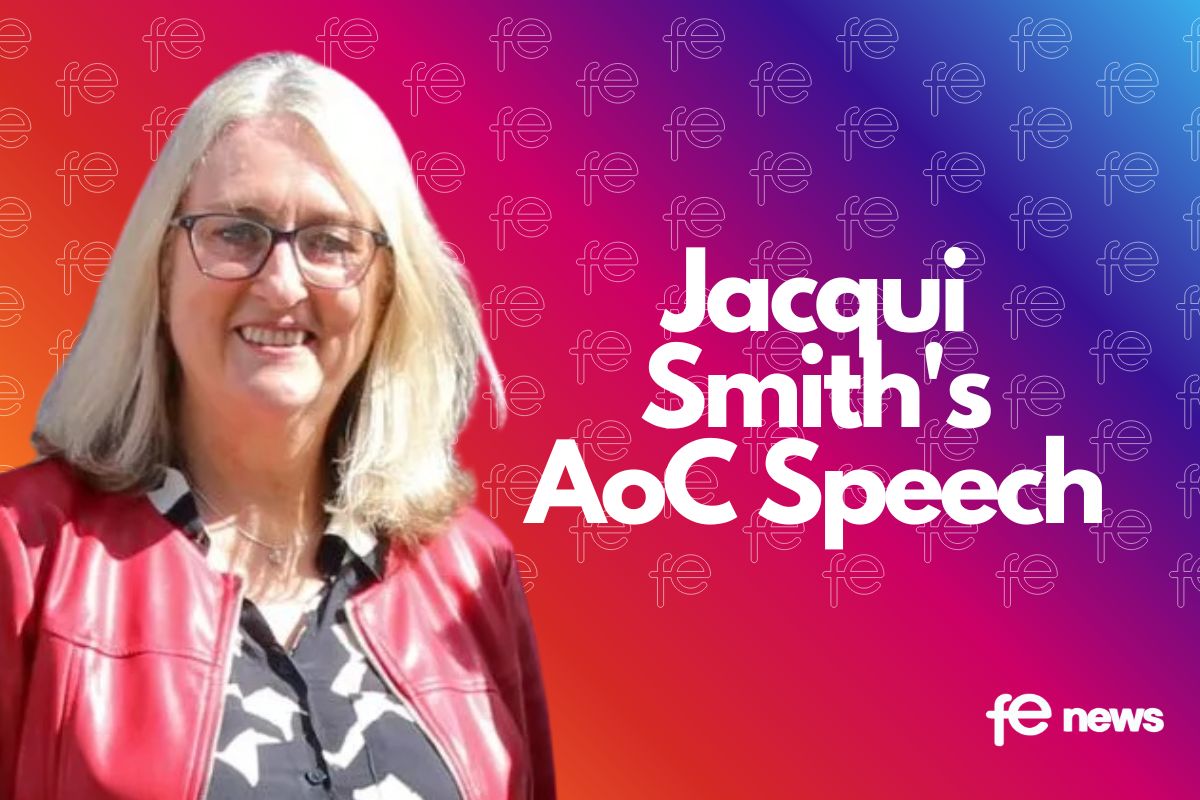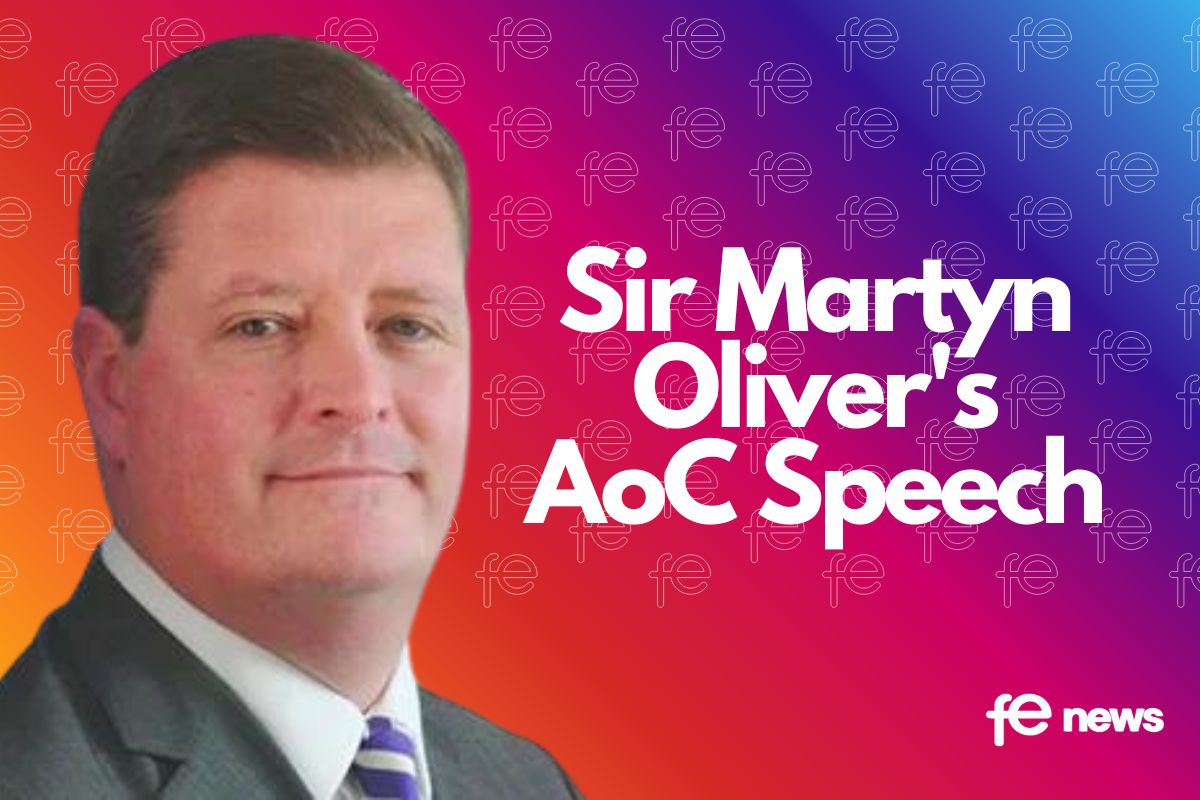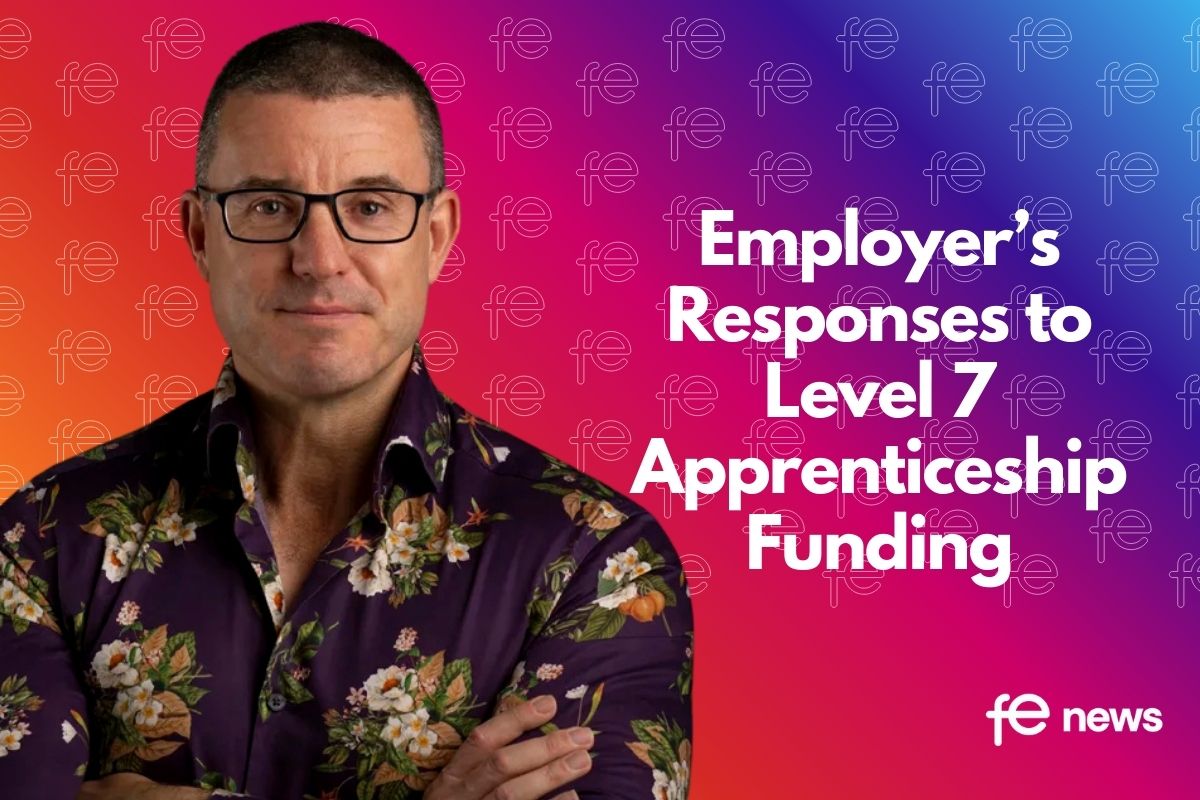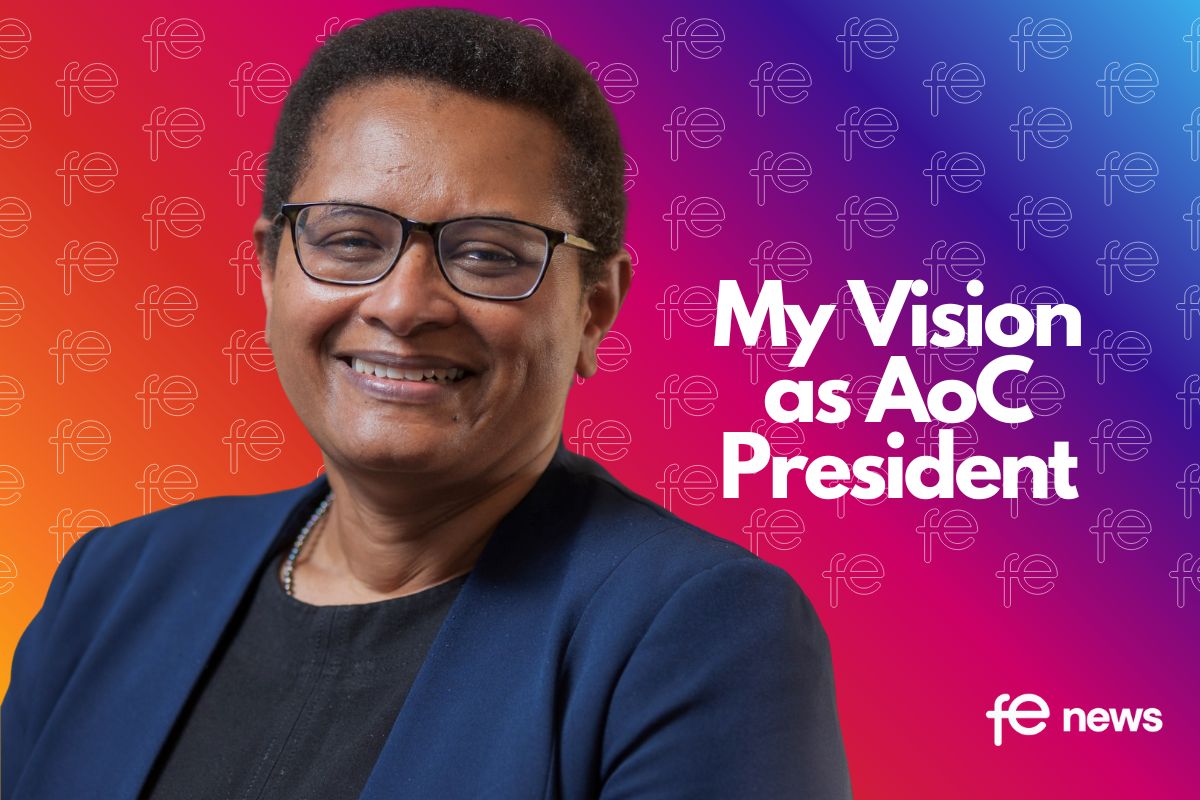Doing things right, or doing the right things…

What do you think of when you hear the word ‘efficiency’? When leadership say ‘we need to be more efficient’, do you immediately start thinking that means job cuts are coming? If so, you wouldn’t be alone, but that shouldn’t always be the case, and there’s more to consider. The need for efficiency has never been greater, with continued cuts to funding, increasing competition and commercial pressures, and Area Reviews around the corner, colleges should act now to make sure their operations are not only efficient, but have a plan in place to review their effectiveness in support of their strategy and the coming changes to the sector. The concept that organisations, and processes within them, need to be both efficient and effective is not a new one, but judging by the number of colleges currently in financial difficulty, there is considerable scope to introduce the principles of ‘lean thinking’ and lessons from the private sector on how to improve services, while at the same time, cutting costs and ensuring readiness for new opportunities as they arise. And, that doesn’t always mean reducing headcount…
If there’s just one message on what being ‘lean’ means, then it’s about the imperative to reduce all activity that doesn’t add value to the customer – whether that’s students, parents, employers you’re working with, or internal customers of a process. This is the ‘efficiency’ dimension and relates to firstly understanding who the customer of any given process is, then ensuring that all activity (which consumes resource) is only producing things that they need and / or are willing to pay for! For example, do students need as many hard copy materials printed or would they prefer more to be electronic, freeing up not only the cost of paper and ink, but the time taken to print, collate and hand them out? Do any of your internal processes still use manual forms in triplicate which then get distributed to several people in the same organisation or even department? When was the last time someone asked ‘why we do we do it this way’?
I said efficiency isn’t all about reducing staff and it isn’t. One college I worked with saved over £100,000 per year by introducing a more structured approach to tendering and managing utilities spend. Here, they not only improved the efficiency of the process underpinning how utilities contracts were managed, but also how effective they were in consistently producing the desired outcome, which included looking at the behavioural aspects of energy usage to actually reduce consumption.
Assessing the ‘effectiveness’ of an operation or process is just as important as how efficient it is – a process may be extremely lean in terms of resources, but if it’s not contributing sufficiently to your overall success then it’s still wasteful. Your Marketing team might be excellent at multi-tasking, highly flexible, have produced a great website and range of literature, and operate on a shoestring, but if that activity isn’t turning into enough enquiries then it’s not effective and something needs to change. Conversely, applications might be healthy but if it takes a huge internal team plus a raft of expensive external suppliers to support a convoluted and complex communication programme then the issue is efficiency. Another college I worked with forecasted savings of over £60,000 per year by centralising marketing activity, improving controls, and leveraging buying power; all savings came from reducing external spend and not internal headcount.
The concepts relating to ‘lean thinking’ and improving the efficiency and effectiveness of operations have been around for many years, and there’s a lot colleges should learn within the current environment of austerity. As with most things, it starts with your people. That means accountability, thinking ‘commercially’, and developing a culture that embraces change and continuous improvement.
To quote management guru and author Peter Drucker, “Efficiency is about doing things right, effectiveness is about doing the right things”… the forthcoming series of articles will explore how colleges can address some of the challenges heading their way by implementing lean thinking and best practice in respect of key areas of college business, from improving the efficiency and effectiveness of the student journey, to identifying and leveraging commercial opportunities to reduce dependency on ever decreasing sources of funding.
Craig Bentley is managing director of Bentley Management & Consulting, which offers management consulting, strategy, business improvement, and project delivery services in the public and private sector. He has helped a number of FE colleges develop strategies to reduce costs and improve services











Responses